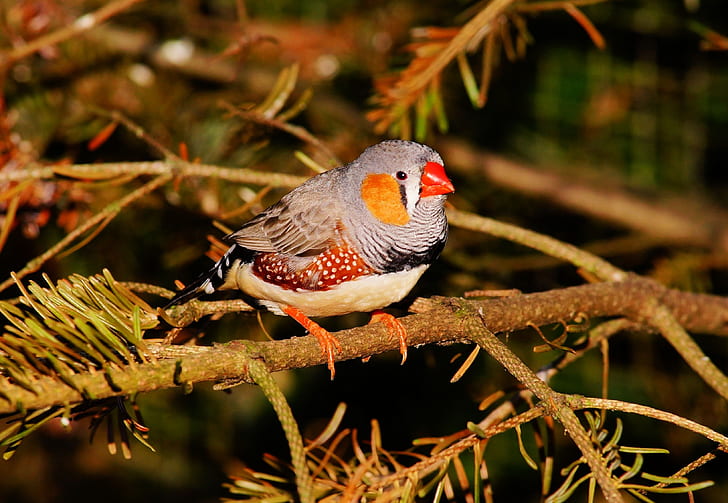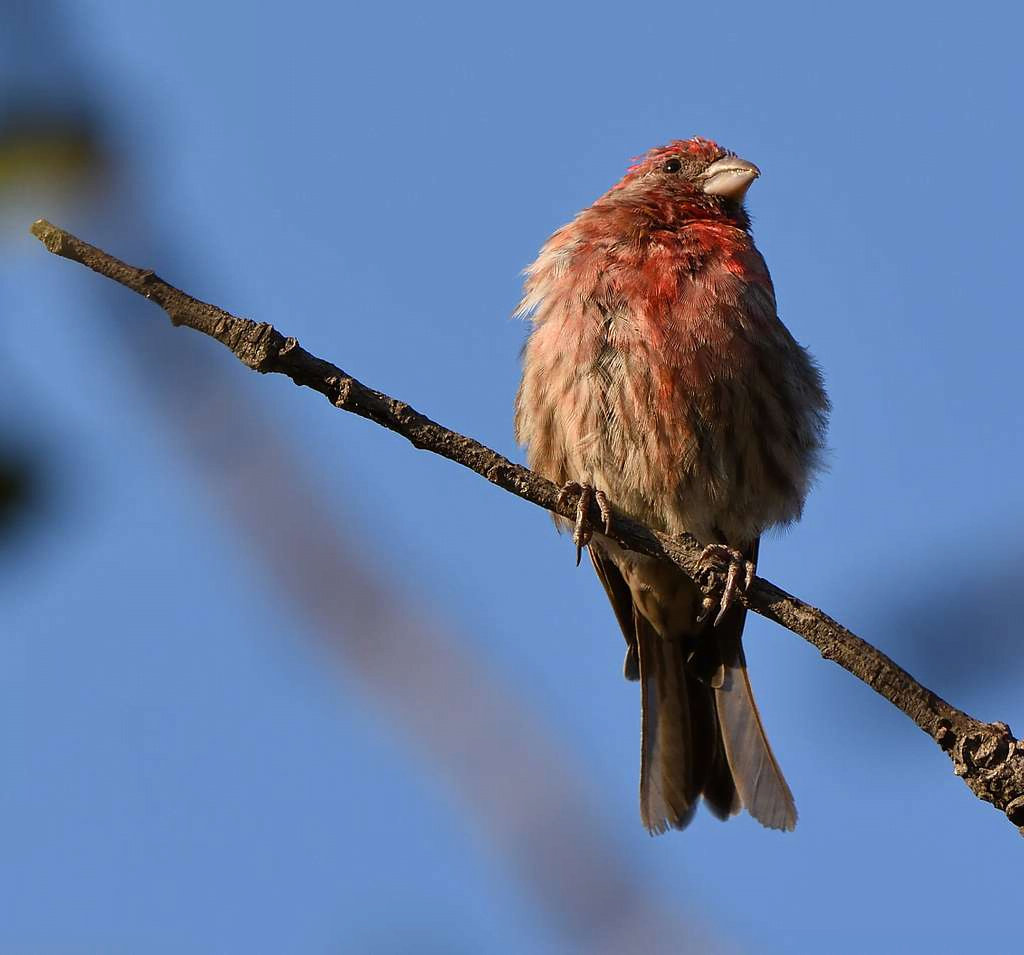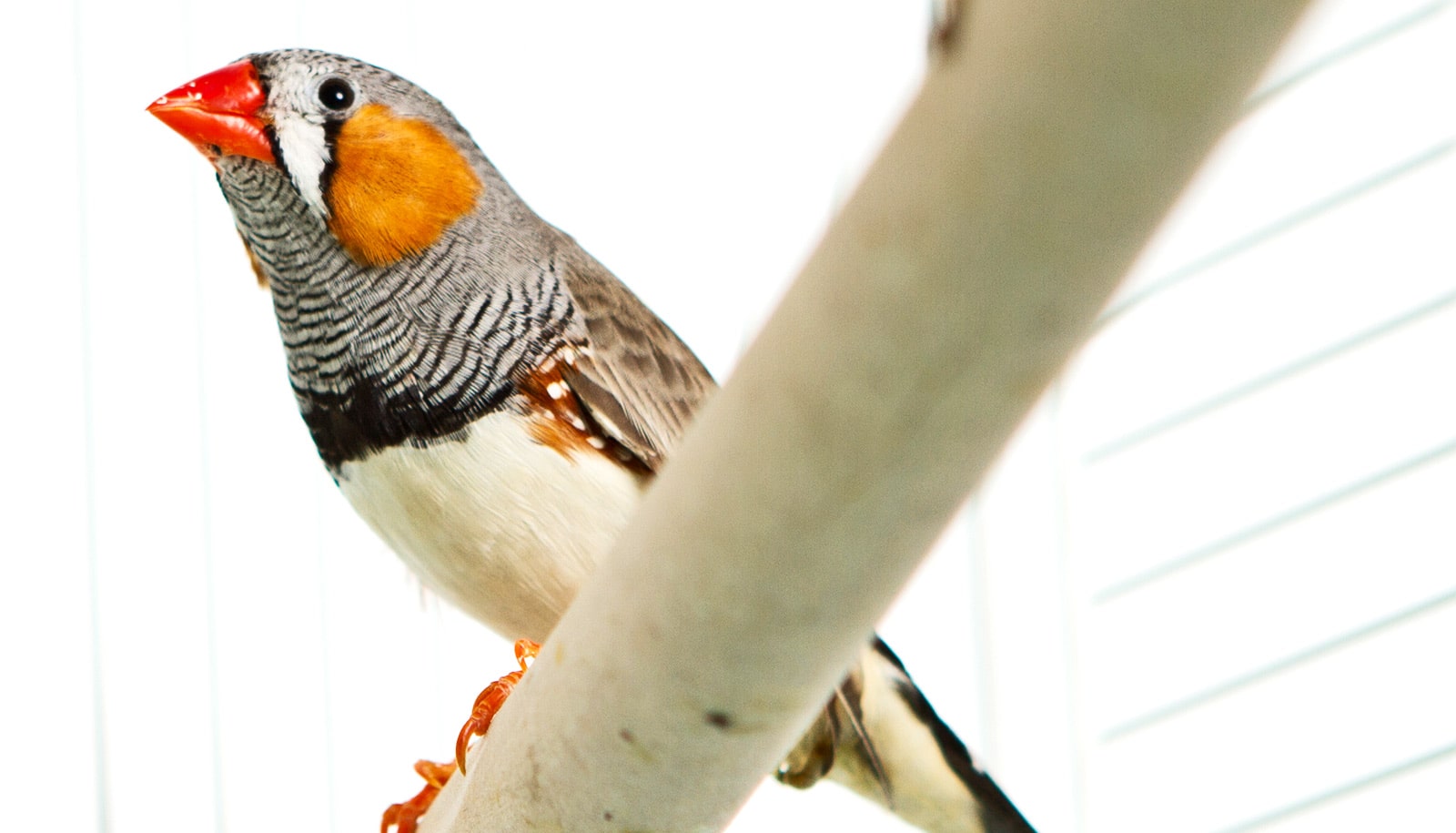Finches are small, vibrant birds that captivate bird enthusiasts and pet owners alike. Known for their melodious songs and striking colors, finches have become a popular choice for those looking to add a feathered friend to their home. These birds are not only admired for their beauty but also for their fascinating behaviors and social dynamics within flocks. Caring for finches requires understanding their dietary needs, habitat preferences, and health considerations to ensure they thrive in captivity. This post aims to provide comprehensive insights into finch care, from setting up the perfect environment to addressing common health issues, making it easier for beginners to embark on the rewarding journey of finch keeping.
Key Takeaways
- Finches are diverse, with many breeds each having unique characteristics; understanding the breed is crucial for proper care.
- Regular health check-ups and a balanced diet are essential to keep your finch healthy and happy.
- Creating a comfortable living environment tailored to your finch’s specific needs is key for its well-being.
- Seeking advice from experienced breeders and considering adoption can help find the right finch companion.
- Engaging with the finch community can provide valuable insights and enhance your experience as a finch owner.
- Remember, owning a finch requires commitment, but the joy and companionship they bring are well worth it.
Breed Overview
History
Finches, with their vibrant colors and lively personalities, trace back to wild ancestors across various continents. They are native to diverse regions, including Africa, the Americas, and Eurasia. This wide geographical spread has contributed to their adaptation in different habitats.
The domestication of finches began centuries ago. People valued them for their melodic songs and companionship. Finches became popular pets in European homes by the 19th century. Historical figures and cultures have admired these birds for ages. The ancient Egyptians and Chinese kept finches, showcasing their long-standing appeal.
Physical Characteristics
Finches are small birds. They typically measure between 3 to 8 inches in length and weigh as little as 0.35 ounces. Their size makes them perfect for indoor living.
These birds boast a variety of colors and patterns. From the bright red of a cardinal to the subtle earth tones of a sparrow, finches can fit any bird lover’s aesthetic preference. Their beak shapes vary too, adapted to their diet types, ranging from sharp-pointed for insect eaters to strong and thick for seed eaters.
Personality and Temperament
Finches stand out for their social nature. They thrive in groups and can often be seen interacting gently with each other in captivity or the wild. Keeping them in pairs or small groups is recommended to ensure their happiness.
They exhibit cheerful and active behavior throughout the day. Watching finches hop around their cage or aviary provides endless entertainment. Their vocal abilities add another layer of enjoyment for owners. Finches can produce a wide range of sounds, from soft chirps to complex songs that fill the air with music.
Health And Care
Common Health Issues
Finches, like all birds, can face health challenges. Air sac mites and scaly face are common illnesses. Look for signs such as difficulty breathing, lethargy, or changes in appearance. To prevent these issues, maintain a clean environment and regular health checks.
Another sign of illness is loss of appetite. This could indicate internal parasites or bacterial infections. Ensure fresh water and food are always available to keep finches healthy.
Dietary Needs
Finches thrive on a diet rich in seeds, but they also need fruits and vegetables. Variety is key to their nutrition. Incorporate leafy greens and small portions of apple or pear to balance their diet.
Avoid feeding avocado or chocolate, as these are toxic to finches. A balanced diet prevents obesity and vitamin deficiencies, ensuring a long, healthy life for your feathered friends.
Exercise Requirements
Space to fly is vital for a finch’s physical health. A large cage allows ample room for flight. Toys and perches encourage movement and satisfy their instinct to explore.
ial interaction plays a crucial role in their exercise routine. Finches are social creatures that enjoy the company of their kind. This interaction promotes physical activity and mental well-being.
Grooming
Regular grooming is essential for maintaining good health in finches. They require assistance with feather care and nail trimming occasionally. Bathing is important too; offer a shallow dish of water several times a week to encourage this natural behavior.
Watch for signs of grooming issues like feather plucking or parasitic infections. These could indicate stress or poor health requiring immediate attention.
Living with a Finch
Training and Socialization
Training finches requires patience, as these birds are naturally timid. Hand-taming begins with spending time near their cage daily, allowing them to get used to your presence. Use soft voices and slow movements to avoid scaring them. Offering treats from your hand can help build trust.
Early socialization plays a crucial role in a finch’s life. It makes them more comfortable around humans and other birds. Introducing new finches to an existing flock should be done carefully to avoid conflicts. Place the new bird in a separate cage close to the main flock for a few days. This allows them to see and hear each other without direct contact, reducing stress during the actual introduction.
Environment
The ideal cage for finches is large and horizontal, allowing room for flight. Positioning the cage in a quiet corner away from direct sunlight and drafts is vital for their well-being. Cages should have multiple perches of different textures and diameters to support foot health.
Environmental enrichment is essential for keeping finches engaged and happy. A variety of toys, including swings, ladders, and bells, encourages natural behaviors and provides mental stimulation. However, owners must be cautious of common household hazards like toxic plants, open windows, or unsupervised pets that can pose risks to these small birds.
Activities They Enjoy
Finches thrive on activities that stimulate their minds and mimic natural behaviors. Interactive toys such as mirrors, balls, or even simple DIY puzzles encourage exploration and problem-solving skills.
Encouraging natural behaviors like foraging can be achieved by hiding treats in their toys or scattering food across their cage to simulate search and find activities. Exploring is another critical aspect of their routine; rearranging the cage setup periodically can keep the environment fresh and intriguing.
ial interaction among finches is vital for their emotional health. They enjoy being part of a flock where they can communicate, play, and groom each other. Providing ample space for these interactions ensures a harmonious living environment.

Breeder Advice and Adoption
Choosing a Breeder
When looking for a finch, finding a reputable breeder is crucial. A good breeder focuses on the birds’ health and well-being. They ensure their finches live in clean, spacious environments. Look for breeders who are transparent about their breeding practices and who participate in bird welfare activities.
Ask breeders about the finch’s health history and lineage. This information helps you understand potential future health issues. Also, inquire if they perform genetic testing to prevent inherited diseases.
Beware of red flags like overcrowding, lack of cleanliness, or reluctance to share health records. These signs might indicate that the breeder is not reputable. Breeders should also be knowledgeable and willing to answer all your questions about finch care.
Adoption
Adopting finches offers many benefits over purchasing from a breeder or pet store. Shelters and rescue organizations often have birds that need homes, including finches. Adopted finches can be just as affectionate and rewarding as those bought elsewhere.
The adoption process involves filling out an application, meeting potential pets, and sometimes a home visit by the organization. To prepare your home for a finch, ensure you have a suitable cage, toys for stimulation, and access to nutritious food.
Consider adopting older or special-needs finches. They are often overlooked but can provide immense joy. These birds may require extra care or accommodations but can make wonderful companions.
Misc.
Popular Names
Finches, with their vibrant colors and lively personalities, inspire a variety of names. Sunny, Goldie, and Ruby reflect their beautiful plumage. For those with a playful side, consider names like Flicker or Pip. Famous finches like Finch from Pocket or characters from Thatch Team offer creative options.
Choosing a name that connects with your bird’s unique traits creates a special bond. Whether it’s the color of their feathers or their spirited personality, let your finch’s characteristics guide you.
Fun Facts
Finches are known for their remarkable intelligence. They can solve complex problems to access food and navigate obstacles. Some species use tools, like twigs, to extract insects from tree bark.
Record-breaking feats include long-distance migrations and extraordinary song variations. Their anatomy is fascinating too; finches have specially adapted beaks tailored to their diet, showcasing nature’s ingenuity.
Common Myths
Contrary to popular belief, finches require careful attention and social interaction. They thrive in environments that mimic their natural habitat with plenty of space to fly.
The myth surrounding their short lifespan is also misleading; with proper care, some finches can live up to 10 years. While they may not bond like dogs or cats, finches can develop a familiarity and comfort with their human caretakers.
Most Similar Breed
Comparing finches to canaries reveals both similarities and differences. Both share a love for singing and vibrant colors but differ in care needs and social behaviors.
Canaries are known for their solo singing performances, whereas finches enjoy being part of a flock. Their ancestry traces back to common ancestors, yet they’ve followed distinct evolutionary paths leading to varied behaviors and care requirements.
For someone deciding between the two, it might come down to whether they prefer the communal chirping of a finch group or the solo melodies of a canary.
Final Remarks
Finches offer a unique blend of beauty, companionship, and ease of care that appeals to bird lovers of all levels. This article has explored the essentials from breed specifics to health, living conditions, breeder insights, and miscellaneous advice to provide a comprehensive guide for current and prospective finch owners. It emphasizes the importance of understanding these vibrant birds’ needs to ensure they lead happy, healthy lives. The journey with finches is rewarding, filled with learning opportunities and moments of joy.
For those considering adding a finch to their family or seeking to enhance their current care practices, this guide serves as a valuable resource. It encourages further exploration and responsible pet ownership. Engage with communities, seek advice from experienced breeders, and continue educating oneself on the nuances of finch care. Let the journey with these fascinating birds be a fulfilling one.
Frequently Asked Questions
What is a general overview of finch breeds?
Finches are small, colorful birds, known for their vibrant plumage and melodious songs. They vary widely in color, size, and temperament, making them popular among bird enthusiasts.
How should I care for my finch’s health?
Regular veterinary check-ups, a balanced diet rich in seeds and fresh greens, clean water daily, and a clean cage are essential for maintaining your finch’s health.
What considerations should be made when living with finches?
Finches require a spacious cage for flight, companionship of their own kind for social interaction, and a quiet, stable environment to thrive.
Where can I find reputable finch breeders or adoption centers?
Seek out breeders or adoption centers with positive reviews, transparent practices, and who prioritize the well-being of their birds over profit.
What miscellaneous information should I know about finches?
Finches have diverse needs including specific dietary requirements based on the species, the necessity of regular exercise within a safe environment, and sensitivity to environmental changes.
How do I choose the right finch species for my home?
Consider your lifestyle, space available for housing the birds, and time you can dedicate to their care. Research different species’ temperaments and care needs to find a match.







0 Comments